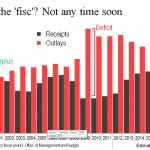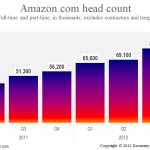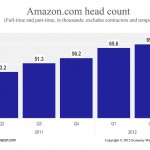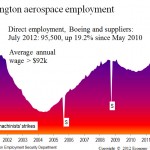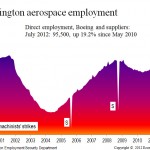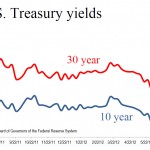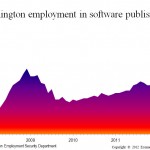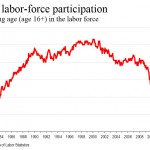
Some things I hope to cover on the business-economy segment on KUOW today: U.S. economy: The Bureau of Economic Analysis announced October 26 that the U.S. economy grew at annual rate of 2.0% in the July-September quarter, much better than the 1.3% rate in the summer quarter. In real terms [continue reading . . . ]
